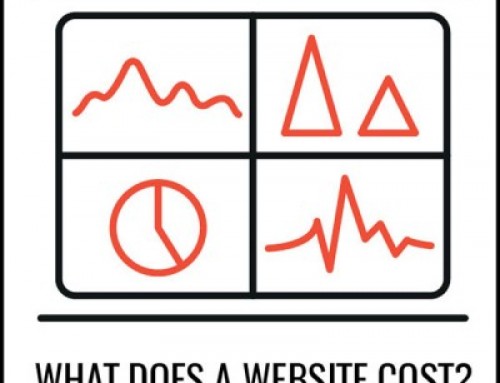The instant feedback of the digital age has changed humans. By this I mean more than changing the means by which we exchange our thoughts, or even what those thoughts are. Wired and wireless streams of information are actually changing the ways our brains work – the way we ourselves are wired. Our noggins are wonderfully adaptable. We experience this powerfully when we learn a new language or a style of dance or musical instrument. We start not knowing a thing, and by continual reinforcement and exploration, we create a new baseline for our abilities, where a thousand tiny fundamentals become automatic. Know-it-alls of the cranium call this ability to create new abilities and norms neuroplasticity.
But when we pick up one end of the stick, we also pick up the other. As an article by Nicholas Carr in Wired magazine points out, the web-enabled world has changed the ways brains function. This is not simply an addition of new talents – the instantaneous nature of feedback means the loss of the ability and even the willingness of our minds to take longer routes of mental exploration. We are being programmed to fail at reflection, contemplation, all forms of deeper thought.
My friend Ed Brett reported from a recent high-profile conference his frustration at the superficiality of analysis being offered by business leaders who were supposedly at the top of their game. He did this, of course, via Twitter (pause for effect) – using one fad to expose others. His tweet: “2012 conference rhetorical gimmick: ask rhetorical question, flash Apple logo on screen in response. POINT MADE.”
This is the problem in a nutshell. In a connected world, it’s all about the links. But superficial thinking never thinks meaningfully about the nature of those links. When everything is peer-to-peer, we lose the sense of cause and effect and other fundamental logical relationships between pieces of information, such as parent/child relationships, if/then, either/or, and so on.
With no sense of the substance of connections, what is left? Simple proximity, as if standing close to something, or admiring it, or linking to it is doing the work. Want to succeed? Apple. Boom.
The digital age, the crowning glory of science, is ushering in a new era of magical thinking.
I started out this article by saying that technology is changing human brains. It is. But the basic needs of humans do not change. Beyond the fundamental needs of food, shelter and so on, we have always had a need for connection, novelty and meaning. Are those needs being met? The instant world of messaging we live in enhances the felt needs for novelty (dumbed down to stimulation). But it only simulates connection, and worse, it erases meaning, because meaning is always about the nature of our connections.
Our technology continually says to us: Your twitch is my command. We may call following our every impulse “freedom” but as a wise man once said, it is actually only becoming a slave to our desires. And not the deep and noble desires, but the unexamined ones.
If you are my client, and especially if you are in fields where you are seeking to build human capacity, such as education or health, here is what I’m telling you: You need to meet your audience where they are (the instant world), but you will only succeed meaningfully if you move their thoughts beyond the microwave length, into something more substantial. In other words, you will have to so engage their thoughts and emotions that you are able to press their brains to a new level of function. It might be uncomfortable. It will be more work. But it will be extraordinarily helpful to them, to you, and to our world.
Tim Anderson is Principal of Alphabet Communications Ltd.




